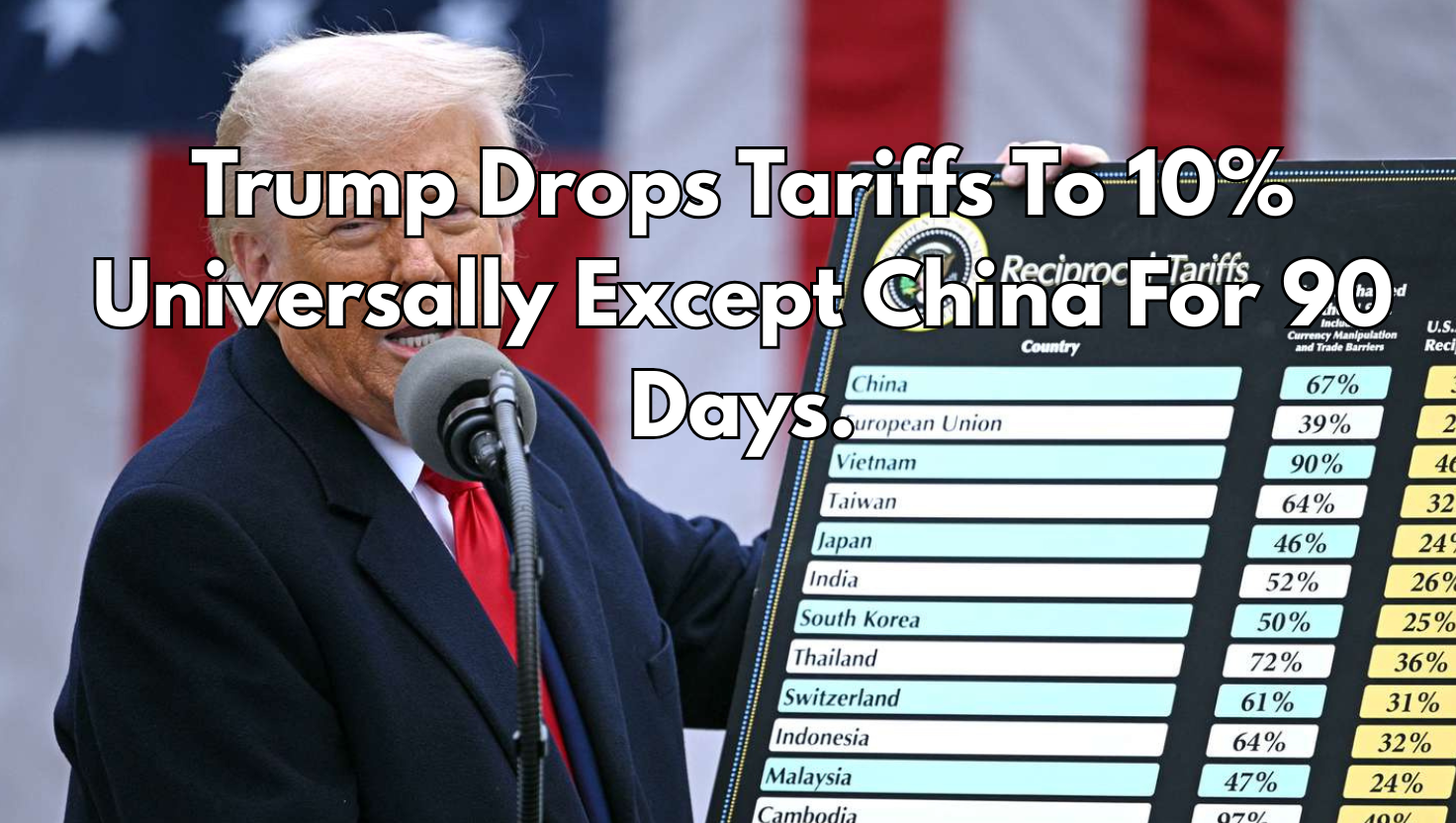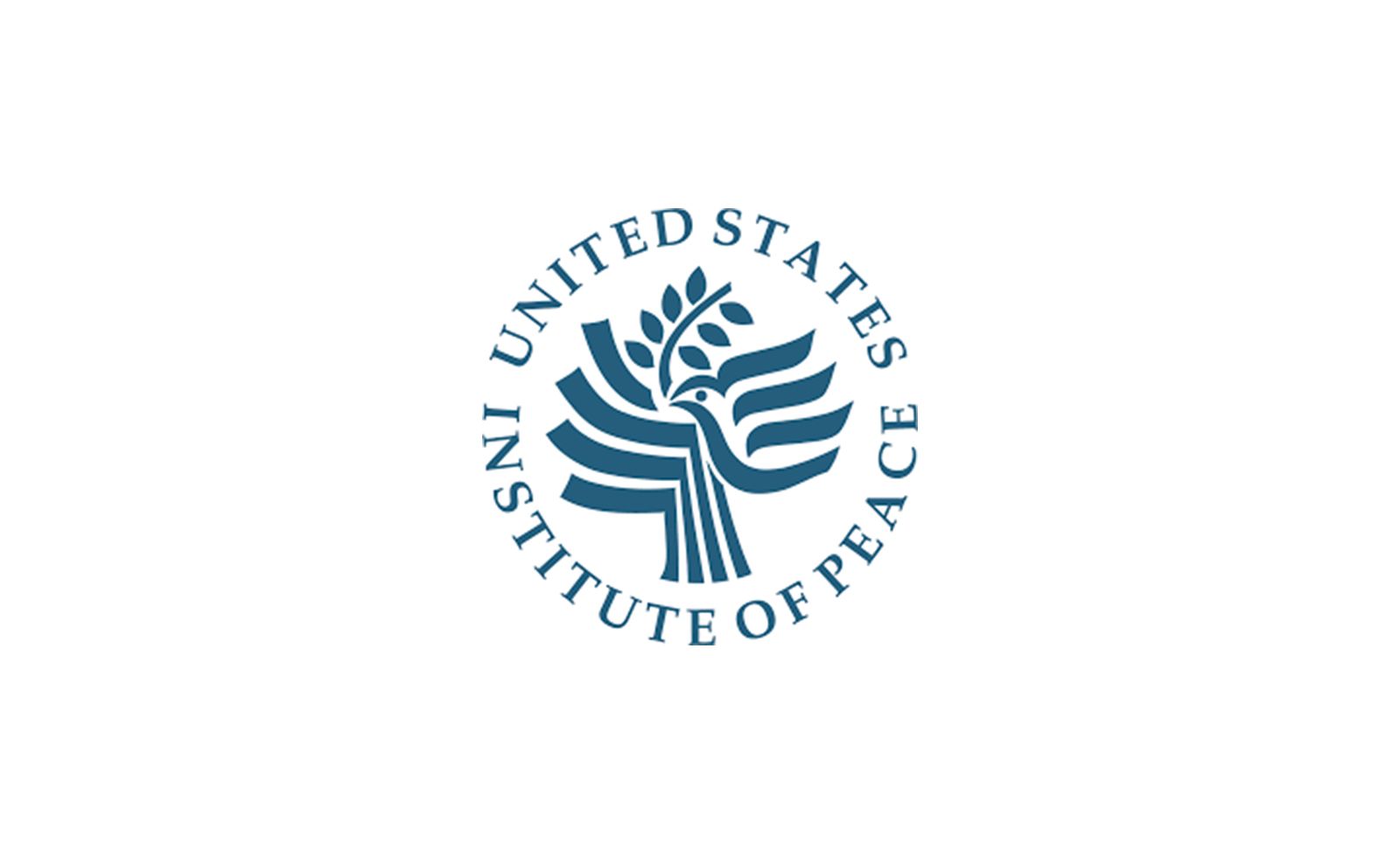Contact Us
objective-wire.org
Over 1 million Federal Employees Do Not Respond to Elon Musk's Email after Key US Agencies Tell Staff not Respond
What did you do last week??
A surprising clash has erupted between key U.S. federal agencies and tech billionaire Elon Musk, following his bold directive that federal employees must document their work via email or face resignation.
On Friday, February 28th, 2025, federal employees, received the second installment of an intriguing email titled
“What Did You Do Last Week?”
While some received the email from the Office of Personnel Management (OPM), as previously reported by POLITICO, others saw it arrive straight from their agency’s internal systems. The recurring nature of this request has sparked curiosity, speculation, and a mix of reactions amongst agencies, half of who have yet to respond.
A Musk-Inspired Accountability
Elon Musk, known for his hands-on leadership style and relentless pursuit of efficiency, is no stranger to unconventional management tactics. Employees receiving these emails from the OPM—an agency typically associated with federal workforce management—suggest a broader application, possibly tied to government contractors or Musk-affiliated projects like SpaceX’s NASA collaborations.
Meanwhile, those getting it directly from their agencies indicate a decentralized rollout, raising questions about whether this is a coordinated effort or a case of Musk’s influence rippling outward.
MUSK’S NEW MANDATE: DOCUMENT WORK OR FACE RESIGNATION
Employee Reactions: Motivation or Micro-Management?
Responses to the emails vary widely. For some, it’s a welcome nudge to reflect on their work and showcase their contributions.
“It forces you to think about what you’ve actually accomplished,” said one anonymous employee at a tech firm. “Sometimes you’re so buried in tasks, you don’t realize how much you’ve done until you write it down.” Others, however, see it as an unnecessary layer of oversight. “I already have deadlines and meetings—now I’m writing a report card every week?” grumbled another worker from a Musk-led company.
The bullet-point format, while straightforward, has also drawn mixed feedback. Proponents argue it cuts through vague fluff, while critics say it oversimplifies complex roles where progress isn’t always linear.
What’s the Bigger Picture?
The timing and persistence of these emails hint at a larger strategy.
As the second email lands, employees are left wondering: Is this a one-off experiment, or the new normal? For now, they’re sharpening their pencils—and their bullet points.
As federal workers navigate this unprecedented situation, the implications for workplace norms, agency operations, and government efficiency are coming into sharp focus.
Federal Agencies Issue Directive Amid Musk’s Controversial Email
Several prominent U.S. federal agencies, including the FBI, State Department, and Pentagon, have taken a defensive stance by instructing employees not to respond to emails from Elon Musk.
Agencies are concerned about the potential breach of operational protocols, employee privacy, and the security of sensitive information that such a demand could entail.
Trump says that alot of employees are On the bubble -> What does it mean ?
Musk’s push for transparency and accountability stems from his belief that detailed documentation will expose inefficiencies within the federal workforce. However, agency leaders argue that this approach disrupts established chains of command and threatens the integrity of government operations. By advising staff to ignore Musk’s emails, these agencies are signaling resistance to external pressures that challenge their autonomy, raising questions about how federal systems can adapt to demands from influential private sector figures like Musk.
While Musk argues that this level of documentation will enhance productivity and eliminate waste, the mandate has ignited a firestorm of debate. Federal employees and agency leaders worry about the administrative burden and the potential erosion of morale under such intense scrutiny.
Navigating Workplace Norms Amid Musk’s Influence
Musk’s directive that federal employees email him with five tasks accomplished last week has thrown traditional workplace norms into disarray.
Musk’s call for detailed email documentation—backed by the threat of resignation—introduces a private sector-inspired transparency initiative that clashes with these conventions, creating friction within the federal workforce.
Agencies have responded by reinforcing adherence to internal protocols, advising staff not to reply to Musk without approval. This pushback reflects a cultural divide between the innovation-driven ethos of Musk’s tech empire and the methodical, compliance-focused nature of public service.
I don't know which federal employees need to hear this...
— Matt Van Swol (@matt_vanswol) February 24, 2025
But in the real world, if you badmouth your boss on live TV instead of telling him what you did for work last week...
You no longer have a job. pic.twitter.com/uK8ByJgLmt




share this
STAY UP TO DATE
GET Objective LATEST
Receive Objective Media Updates, and get a heads up on the reality we love.
Contact Us

